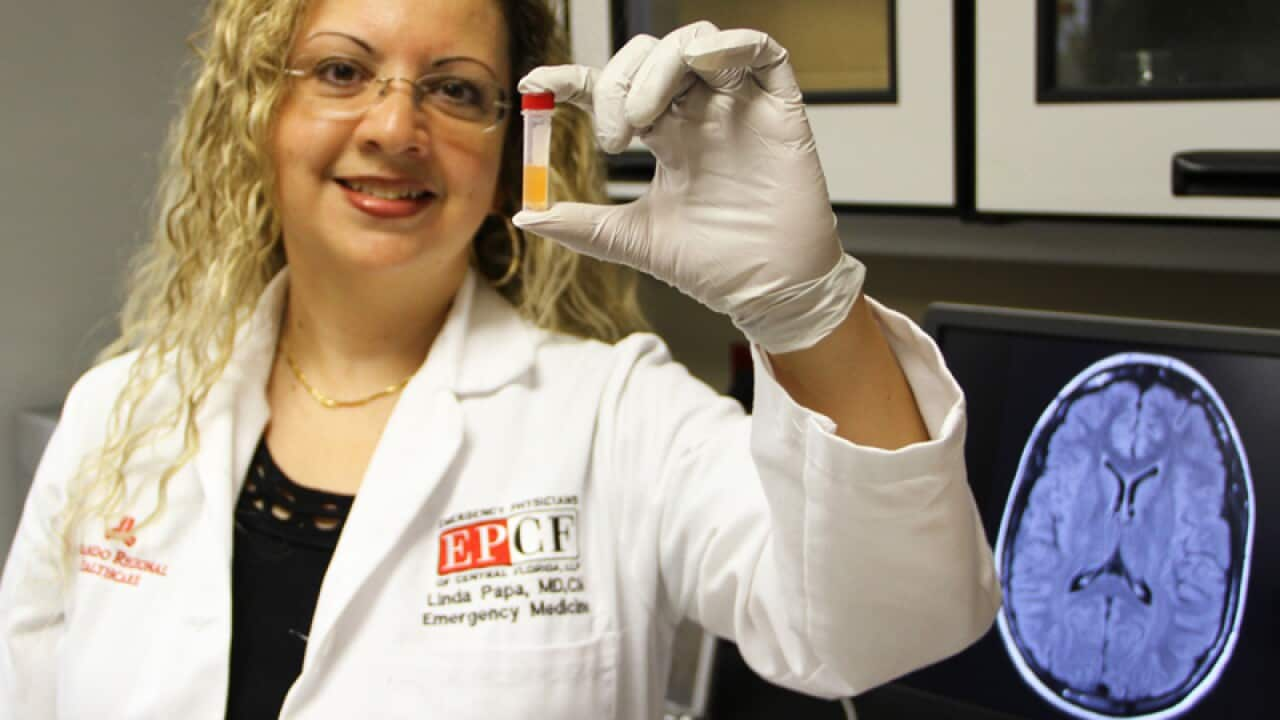A simple blood test can detect whether or not someone has suffered a concussion, scientists say.
The finding could mean that children who bang their heads may not need to undergo radiation-exposing scans to determine if they have suffered a brain lesion.
Researchers from Orlando Health in Florida detected a biomarker released by the brain during injury.
They found that the biomarker can stay in the bloodstream for up to a week - which means patients who suffer delayed symptoms of concussion could easily be identified.
"Symptoms of a concussion, or a mild to moderate traumatic brain injury, can be subtle and are often delayed, in many cases by several days," said Dr Linda Papa, an emergency medicine physician and lead author of the study.
"This could provide doctors with an important tool for simply and accurately diagnosing those patients, particularly children, and making sure they are treated properly.
"If patients are not diagnosed properly and treated appropriately, it could lead to long-term problems. This test could take the guesswork out of making a diagnosis by allowing doctors to simply look for a specific biomarker in the blood."
Concussion is the most common but least serious type of brain injury that occurs after a blow or other injury to the head.
The new study, published in the journal Jama Neurology, shows that when an injury occurs to the brain, a biomarker - the glial fibrillary acidic protein - is released.
The biomarker passes the blood-brain barrier and enters the bloodstream which means it can be detected with a simple blood test.
Researchers analysed nearly 600 patients for three years and found the blood test was able to detect mild to moderate traumatic brain lesions with up to 97 per cent accuracy in adults.
The blood test also indicated which patients were in need of life-saving neurosurgery, the authors said.
"Physicians really want to minimise the amount of computerised tomography (CT) scans in patients, especially children, who are a lot more sensitive to radiation and the side effects that can come with it. Fortunately, this simple blood test appears to give us nearly the same information as a CT scan," Dr Papa said.
"This could ultimately change the way we diagnose concussions, not only in children, but in anyone who sustains a head injury."
Share

